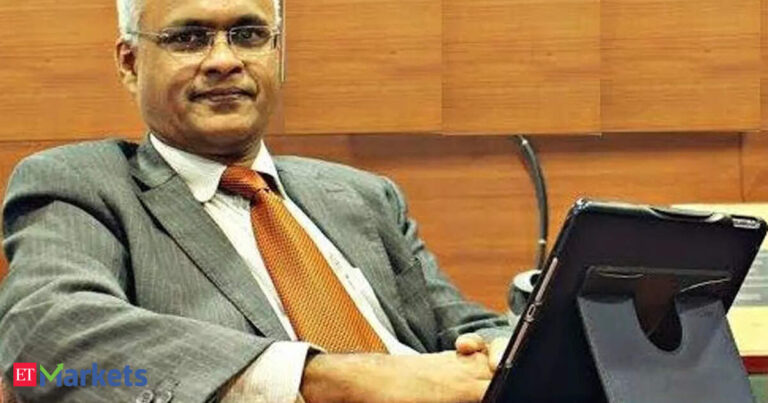“The only hope India had was if the Russia-Ukraine peace deal that Mr Trump brokered had seen progress, which could have softened the (second tranche of) 25% ‘political tariff’. But the first 25% that had been imposed was always going to stay. The cancellation of the trade delegation’s visit and the rhetoric on both sides made it clear there would be no last-minute reprieve,” Subramaniam said.
The market veteran pointed out that the US president had used some pretty strong language against China yesterday. Clearly, he’s holding firm on tariffs, and a resolution can’t be expected anytime soon, for both India and America.
On equities, he noted that while foreign institutional investor (FII) flows may remain subdued due to high valuations and lack of clarity on trade relations, domestic investors will continue to support the market. “I don’t see a strong negative reaction. Markets will consolidate and there will be sectoral rotation rather than a sharp correction,” he added.
Selective opportunities seen in capital goods, autos and healthcare
Among sectors, Subramaniam remains optimistic about capital goods, driven by domestic demand rather than global trade. “Private capex has not taken off fully yet, but green shoots are visible. With capacity utilisation set to cross 80%, capital goods, cement, industrials, building materials, steel and EPC contractors look attractive for medium-term investors,” he said.
The auto sector, he pointed out, is likely to see strong festive demand, particularly in two-wheelers, entry-level cars, tractors and commercial vehicles, though export-oriented auto components could feel tariff pressure. Pharma remains a mixed bag, with strong domestic growth but an overhang from Trump’s threats of steep tariff hikes. “If those don’t materialise, Indian pharma and healthcare, especially hospitals and diagnostics, remain good investment themes,” he said.Interestingly, Subramaniam believes US drug price cuts could even boost outsourcing to India. “Big pharma will likely comply with Trump’s request to cut prices. To preserve margins, they could increase outsourcing to India’s contract drug manufacturers, which will actually benefit Indian players,” he explained.Overall, while tariffs may dampen foreign flows in the short term, Subramaniam sees resilience in domestic-driven sectors and selective opportunities across capital goods, autos and healthcare.An evening at Lal Qila, September 27, 2025 — reserved for Times Black ICICI Bank Credit Card holders. Access monumental experiences at timesblack.com
